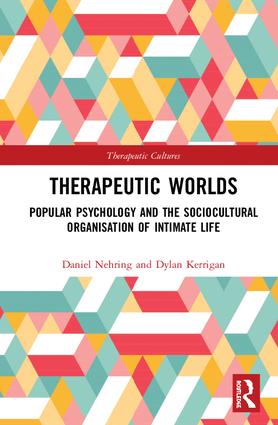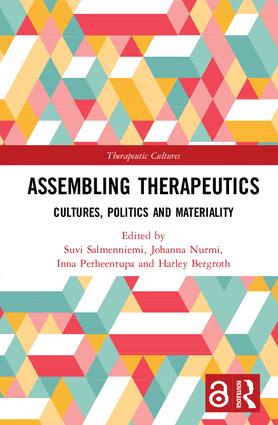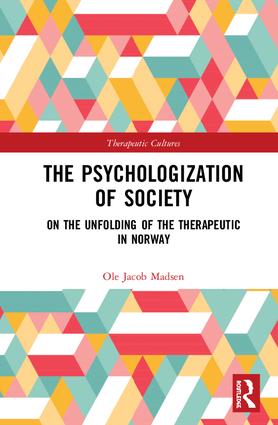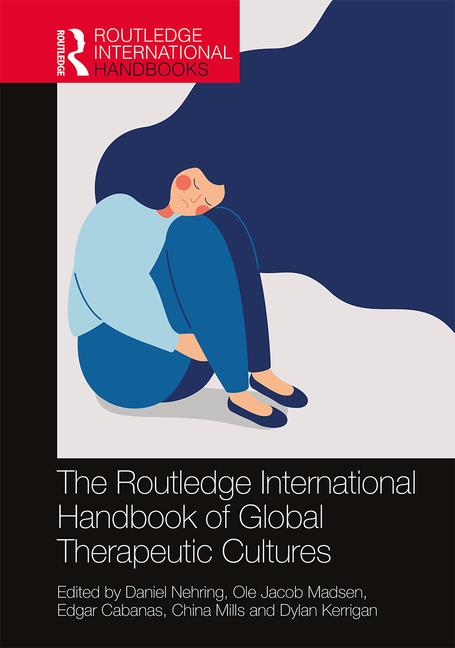Therapeutic Cultures
|
Series Editors: East China University of Science and Technology in Shanghai, China.
|
This interdisciplinary series explores the role which therapeutic discourses and practices play in the organisation of social life, critically addressing the two broad questions of how therapeutic knowledge is popularised beyond academia and mental health care, and how it participates in popular culture, and in institutional structures and processes in government, law, education, media, health, work, family life, public and private policies. Therapeutic Cultures seeks to address the histories of therapeutic culture and engage with its contemporary manifestations, so welcomes books that examine the transnationalisation of therapeutic discourses and practices and their uses in local institutional settings, as well as studies of the ways in which therapeutic discourses and practices participate in the social organisation of power, and how they become ingrained across a wide array of institutions.
|
The Routledge International Handbook of Global Therapeutic Cultures
The Routledge International Handbook of Global Therapeutic Cultures explores central lines of enquiry and seminal scholarship on therapeutic cultures, popular psychology and the happiness industry. Bringing together studies of therapeutic cultures from sociology, anthropology, psychology, education, politics, law, history, social work, cultural studies, development studies, and American Indian studies, it adopts a consciously global focus, combining studies of the psychologisation of social life from across the world. Thematically organised, it offers historical accounts of the growing prominence of therapeutic discourses and practices in everyday life, before moving to consider the construction of self-identity in the context of the diffusion of therapeutic discourses in connection with the global spread of capitalism. With attention to the ways in which emotional language has brought new problematisations of the dichotomy between the normal and the pathological, as well as significant transformations of key institutions, such as work, family, education and religion, it examines emergent trends in therapeutic culture and explores the manner in which the advent of new therapeutic technologies, the political interest in happiness, and the radical privatisation and financialisation of social life converge to remake self-identities and modes of everyday experience. Finally, the volume features the work of scholars who have foregrounded the historical and contemporary implication of psychotherapeutic practices in processes of globalisation and colonial and postcolonial modes of social organisation. Presenting agenda-setting research to encourage interdisciplinary and international dialogue and foster the development of a distinctive new field of social research, The Routledge International Handbook of Global Therapeutic Cultures will appeal to scholars across the social sciences with interests in the advance of therapeutic discourses and practices in an increasingly psychologised society.
Sample Chapter:
Therapeutic jurisprudence in Trinidad and Tobago Legitimacy, inclusion, and the neo-colonialism of procedural justice



